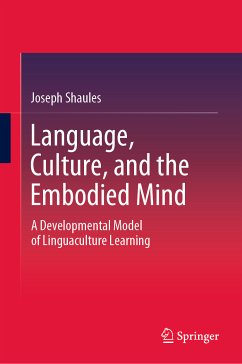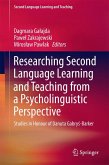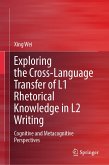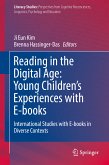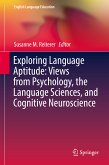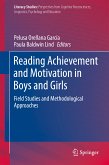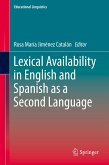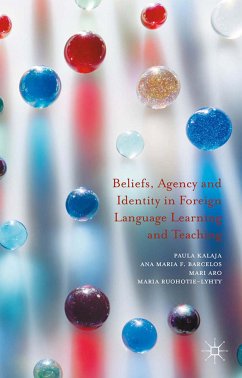This book helps resolve this dilemma. Informed by brain and mind sciences, its core message is that language and culture learning can both be seen as a single, interrelated process-the embodiment of dynamic systems of meaning into the intuitive mind. This deep learning process is detailed in the form of the Developmental Model of Linguaculture Learning (DMLL). Grounded in dynamic skill theory, the DMLL describes four developmental levels of language and culture learning, which represents a subtle, yet important shift in language and culture pedagogy. Rather than asking how to add culture into language education, we should be seeking ways to make language and culture learning deeper-more integrated, embodied, experiential and transformational. This book provides a theoretical approach, including practical examples, for doing so.
Dieser Download kann aus rechtlichen Gründen nur mit Rechnungsadresse in A, B, BG, CY, CZ, D, DK, EW, E, FIN, F, GR, HR, H, IRL, I, LT, L, LR, M, NL, PL, P, R, S, SLO, SK ausgeliefert werden.

